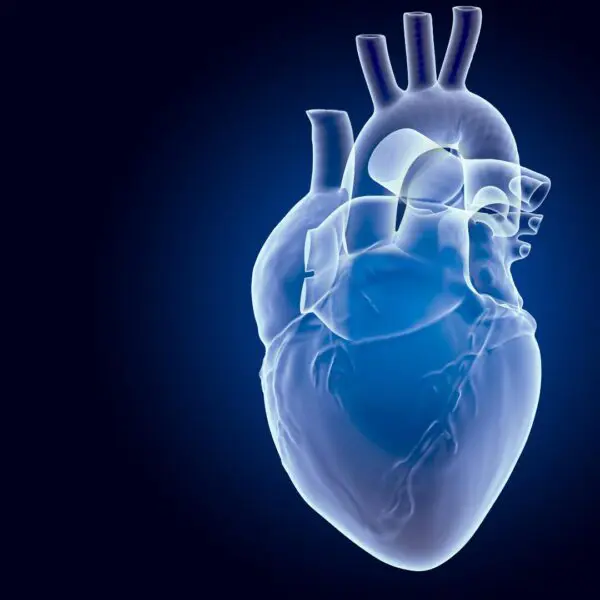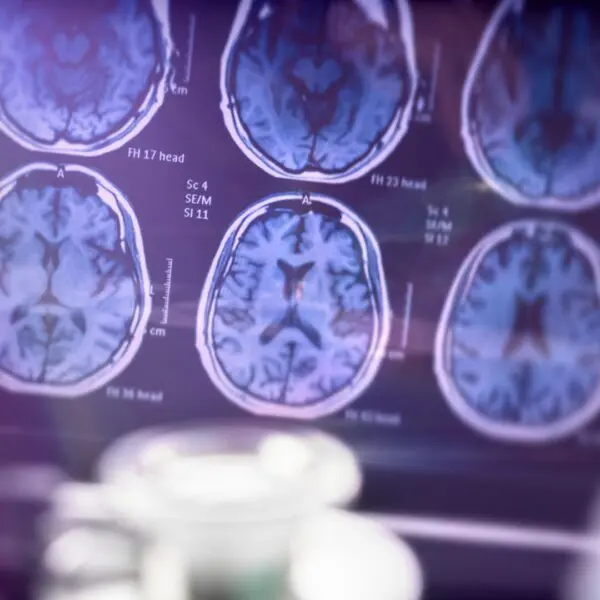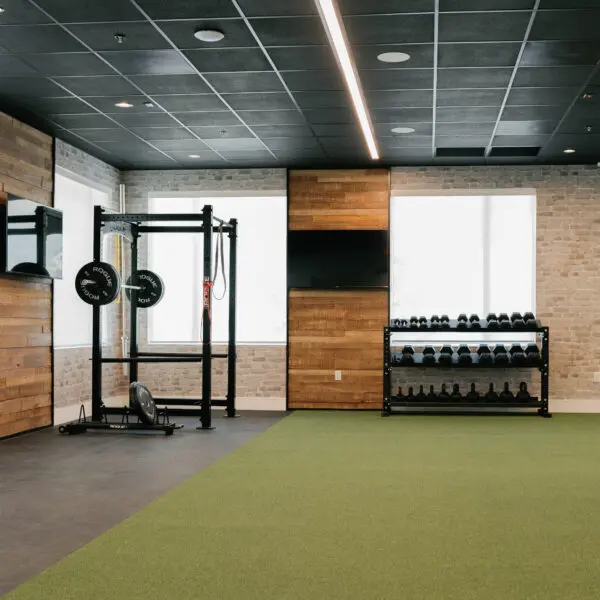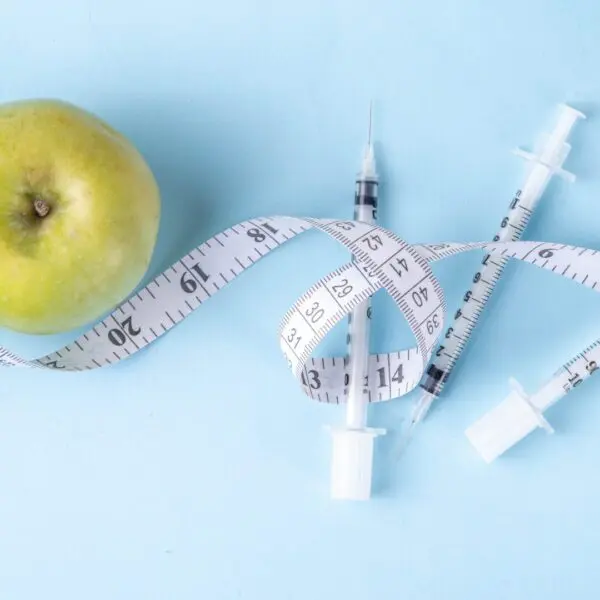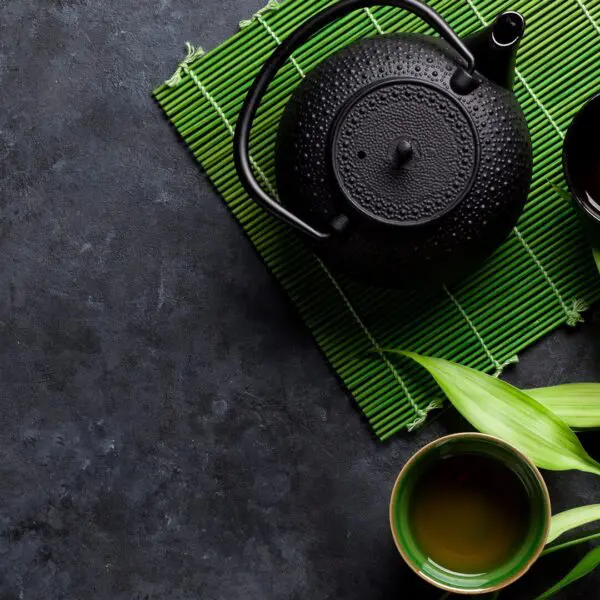Summary:
A stunning 54 million Americans have osteoporosis or its precursor, osteopenia. It’s natural for people to lose bone mass as they age, but when you suffer from these conditions you become more prone to breaks and fractures that can limit your quality of life as well as take a long time to heal. While the mainstream media focuses on the foods and supplements that you can take to maintain bone mass like Vitamin D and calcium, not enough attention is on the foods that you should avoid!
Here are five foods most people consume regularly that may contribute to increased bone loss and potential breaks and fractures:
1) Table Salt
2) Hydrogenated Oils AKA Trans Fats
3) Carbonated Drinks
4) Excessive Caffeine
5) Beans and Wheat
For an extensive explanation as to the dangers of each of these foods, please read Dr. Purita’s full paper below!

Osteoporosis is a disease that gradually weakens and thins bones. Unfortunately, over 54 million Americans suffer from either osteoporosis, or its precursor, osteopenia. While much of the dietary advice on preventing osteoporosis is aimed at consuming foods that are high in calcium, magnesium and potassium to help bolster bone health, quite often we ignore talking about foods that should be avoided because they may weaken our bones.
To that end, I came across an article recently that focused on this very topic: which foods may be the most harmful to our bone health.
Here are five foods to steer clear of if you want to avoid osteoporosis:
1. Table Salt

Ordinary table salt is called sodium chloride (its chemical symbol is NaCl). While sodium plays an important role in our overall health, over consuming table salt or eating excessive amounts of high-sodium foods can pose a great obstacle to strong bone formation.
An important thing to keep in mind is that many processed foods are very high in salt content. Research has found that postmenopausal women with a high-salt diet lose more bone minerals than other women of the same age who are more mindful of a low sodium diet. Studies also show that regular table salt, not simply sodium, causes calcium loss, which results in the weakening of bones over time.
This is important because Americans get about 90% of their sodium through table salt.
Another shocking number is that Americans also consume about twice as much sodium as we should.
The 2005 dietary guidelines for Americans advise limiting sodium to 2,300 milligrams a day – equal to a teaspoon of salt. But most Americans get at least 4,000 milligrams a day due to a diet heavy in processed foods. Numerous studies show a diet this heavy in sodium may predispose a person to osteoporosis.
And don’t fall for the idea that “sea salt” or Himalayan salt are healthier than table salt.
Salt is salt.
2. Hydrogenated Oils (AKA trans fats)

Trans fats are a form of unsaturated fat associated with a number of negative health effects. This is largely because trans fats are made through a chemical process that adds hydrogen to vegetable oil, which causes the oil to become solid at room temperature. This partially hydrogenated oil (you’ve no doubt seen this on your food labels) is less likely to spoil, thus giving foods made with it a longer shelf life. Some restaurants even use partially hydrogenated vegetable oil in their deep fryers because it doesn’t have to be changed as often as other oils.
To create strong, healthy bones, people should choose meals and snacks that include healthy fats like olives, butter, nuts, seeds, avocados, salmon and sardines.
3. Carbonated Drinks (Soda)

A vast majority of the most popular carbonated beverages Americans consume contain large volumes of sugar, which may lead to osteoporosis by increasing inflammation, insulin spikes, renal acid load, and urinary calcium excretion. It may also reduce your body’s ability to utilize calcium.
Despite all the reasons to avoid salt that we mentioned above, sugar, not salt, is likely a greater danger to your bone health.
In addition, soft drinks, including diet soda, are packed with phosphoric acid, which causes an increase in the blood’s acidity levels. Phosphorus itself is an important bone mineral, but if you’re getting a disproportionate amount of phosphorus compared to the amount of calcium you are getting, that could lead to bone loss.
As a result, the body pulls calcium out of your bones in order to balance the acidity levels bringing them back to normal. When calcium intake is low, consuming excessive amounts of phosphoric acid will promote rapid calcium loss from the body.
Making matters worse, many sodas contain caffeine, which experts have long known can interfere with calcium absorption. In a Tufts study, both caffeinated and non-caffeinated colas were associated with lower bone density, but the caffeinated drinks appeared to do more damage.
4. Caffeine

When ingested excessively, caffeine may begin leaching calcium from your bones, leading to diminished bone strength. Over-consuming caffeine (from soda, coffee or tea, or other caffeinated drinks) is a particular problem when a person doesn’t get enough calcium each day to begin with.
On average, we can lose up to 6 milligrams of calcium for every 100 milligrams of caffeine we consume. That’s not as much of a loss as salt, but for coffee lovers it’s worrisome, nonetheless.
For reference, a 16-ounce cup of coffee can provide 320 milligrams of caffeine, which exceeds the daily-recommended amount when it comes to supporting strong, healthy bones.
The good news is that limiting caffeine intake to 300 milligrams a day while consuming the appropriate amount of bone-rebuilding nutrients can help offset the losses caused by excessive caffeine intake. Coffee addicts may also find it helpful to gradually reduce their caffeine intake by drinking half regular and half-decaf coffee.
5. Legumes & Wheat Bran

Legumes, more commonly referred to as beans, may prevent your body from absorbing calcium. This is because pinto beans, navy beans and peas are high in substances called phytates, which can interfere with the body’s ability to absorb the calcium that’s also found in the beans.
On the positive side, beans are rich in magnesium, fiber, and other nutrients, which make them otherwise good for osteoporosis prevention. To avoid any negative bone-weakening side effects from consuming beans, simply reduce the phytate level by soaking beans in water for a few hours before cooking.
Like beans, wheat bran contains high levels of phytic acid and it also appears to reduce the absorption of calcium in other foods eaten at the same time.

For example, when consuming 100% wheat bran cereal with fortified milk, the body’s ability to absorb calcium from the milk is drastically reduced. One trick when consuming wheat bran is to use products utilizing sprouted grain. This sprouting process breaks down phytates.
These foods are just a few of the major culprits that you can avoid (or at least reduce in your diet) to maintain proper bone health.
This list is by no means complete, but it’s a good place to start.
Thanks for reading!
Dr. P
